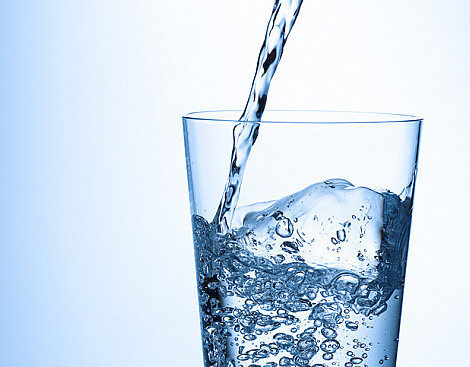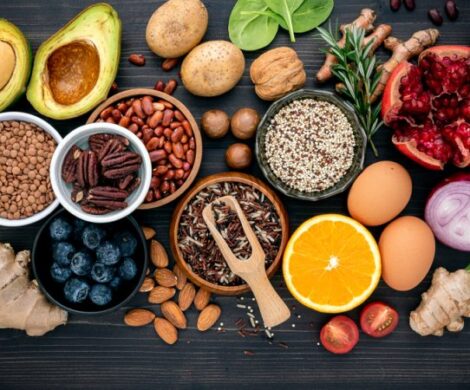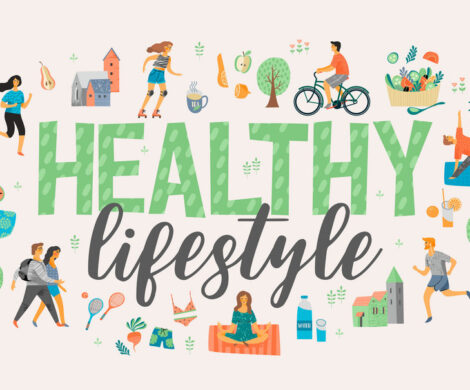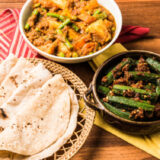Best foods and drinks good for liver health
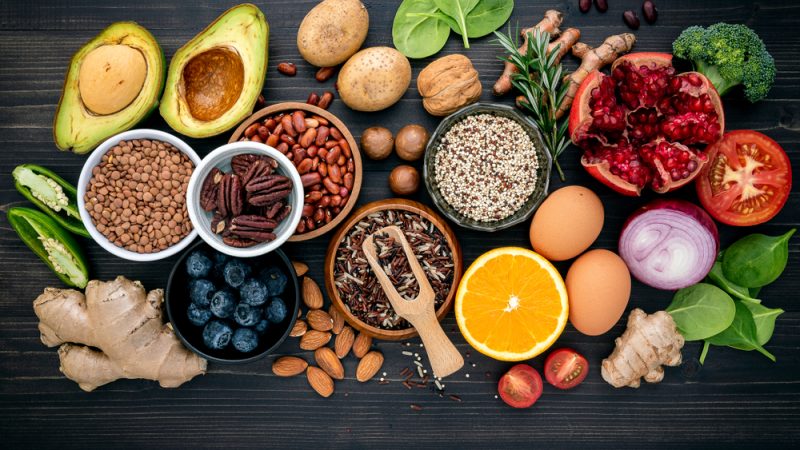
Some of the healthiest foods and drinks that are great for the liver include:
1.Coffee
Daily Drinking coffee offers security against the fatty liver condition.
A 2013 study that looks in the journal Liver International implies that over 50 percent of people in the United States drink coffee daily.
Coffee seems to be good for the liver, mainly because it guards against problems such as fatty liver disease.
The study also sees that daily coffee consumption may help decrease the danger of chronic liver disease. It may also shield the liver from disabling conditions, such as liver cancer.
A 2014 research that appears in the Journal of Clinical Gastroenterology recommends that the protecting effects of coffee are enough to how it affects liver enzymes.
Coffee, it reports, appears to decrease fat buildup in the liver. It also increases shielding antioxidants in the liver. Composites in coffee also help liver enzymes rid the body of cancer-causing elements.
2.Oatmeal
Eating oatmeal is an effortless way to attach fiber to the diet. Fiber is an essential tool for digestion, and the special fibers in oats may be particularly helpful for the liver. Oats and oatmeal are great in aggregates called beta-glucans.
As a 2017 study in the International Journal of Molecular Sciences news, beta-glucans are very biologically effective in the body. They help accentuate the immune system and fight inflammation, and they may be particularly helpful in the fight against diabetes and obesity.
The study also notes that beta-glucans from oats seem to help decrease the amount of fat stored in the liver in mice, which could also help preserve the liver. More clinical studies are needed to confirm this, however.
People looking to combine oats or oatmeal to their daily diet should look for full oats or steel-cut oats, fairly than prepackaged oatmeal. Prepackaged oatmeal may include fillers such as flour or sugars, which order not be as useful for the body.
3. Green tea
Drinking green tea may assist reduce overall fat content.
A 2016 study in the journal Nutrition recommends that green tea may help decrease the risk of liver cancer in female Asian communities.
It is essential to note that tea may be more beneficial than extracts, as some extracts may harm the liver rather than heal it.
Still, the study notes that more study is necessary.
4.Garlic
Combining garlic into the daily diet may also benefit stimulate the liver. A 2016 research that looks in the journal Advanced Biomedical Research notes that garlic-eating reduces body weight and fat content in people with NAFLD, with no changes to lean body mass. This is useful, as being overweight or obese is a contributory factor to NAFLD.
5.Berries
Several dark berries, such as blueberries, raspberries, and cranberries, include antioxidants called polyphenols, which may help protect the liver from damage.
As a research in the World Journal of Gastroenterology recommends, typically eating berries may also help animate the immune system.
6.Grapes
The research that features in the World Journal of Gastroenterology describes that grapes, grape juice, and grape seeds are loaded with antioxidants that may support the liver by reducing redness and stopping liver damage.
Consuming whole, seeded grapes is an easy way to add these compounds to the daily diet. A grape seed essence supplement may also produce antioxidants.
7.Grapefruit
The World Journal of Gastroenterology study also suggests grapefruit as a healthy food. Grapefruit includes two primary antioxidants: naringin and naringenin. These may improve and protect the liver from damage by reducing redness and protecting the liver cells.
The composites may also reduce fat accumulation in the liver and increase the proteins that burn fat. This may give grapefruit a helpful tool in the fight against NAFLD.
8.Prickly pear
The fruit and juice of the prickly pear may also be helpful to liver health. The World Journal of Gastroenterology research suggests that compounds in the fruit may improve and protect the organ.
The most study focuses on extracts from the fruit, still, so many studies that focus on the fruit or juice itself are important.
9.Plant foods in general
Avocados and different plant foods good for liver include compounds linked firmly to liver health.
A 2015 research that seems in the journal Evidence-based Complementary and Alternative Medicine states that a large number of plant foods may be necessary for the liver.
These include:
- avocado
- banana
- barley
- beets and beet juice
- broccoli
- brown rice
- carrots
- fig
- greens such as kale and collards
- lemon
- papaya
- watermelon
One should eat these foods as the portion of a whole and balanced diet.
10.Fatty fish
As research in the World Journal of Gastroenterology points out, eating fatty fish and fish oil supplements may support reduce the impact of ailments such as NAFLD.
Fatty fish is rich in omega-3 fatty acids, which are the healthy fats that help decrease inflammation. These fats may be particularly important in the liver, as they seem to prevent the buildup of excess fats and have enzyme levels in the liver.
The study suggests eating oily fish two or more events each week. If it is not easy to include fatty fish such as herring or salmon into the diet, try using a daily fish oil supplement.
11.Nuts
The same research says that consuming nuts may be another easy way to keep the liver healthy and defend against NAFLD. Nuts usually contain unsaturated fatty acids, vitamin E, and antioxidants. These composites may help prevent NAFLD, as well as decrease inflammation and oxidative stress.
Eating a few nuts, such as walnuts or almonds, every day may help support liver health. People should be sure not to eat too common, however, as nuts are large in calories.
12.Olive oil
Eating too much fat is not suitable for the liver, but some fats may help it. According to the World Journal of Gastroenterology study, combining olive oil to the diet may benefit to reduce oxidative stress and enhance liver function. This is due to the great content of unsaturated fatty acids in the oil.
Foods to avoid
In common, finding stability in the diet will keep the liver strong. However, there are also some foods and food groups that the liver finds more difficult to process. These include:
- Fatty foods: These combine fried foods, fast food, and takeout from several restaurants. Packaged snacks, chips, and nuts may also remain surprisingly high in fats.
- Starchy foods: These include pieces of bread, and cakes or pasta, baked goods.
- Sugar: sugar and sugary foods before-mentioned as cereals, baked goods, and sweets may help reduce the stress on the liver.
- Salt: Easy ways to decrease salt intake include eating out less, avoiding packaged meats or vegetables, and decreasing or avoiding salted deli meats and bacon.
- Alcohol: Anyone looking to sell their liver a break should think about reducing their intake of alcohol or excluding it from the diet completely.


